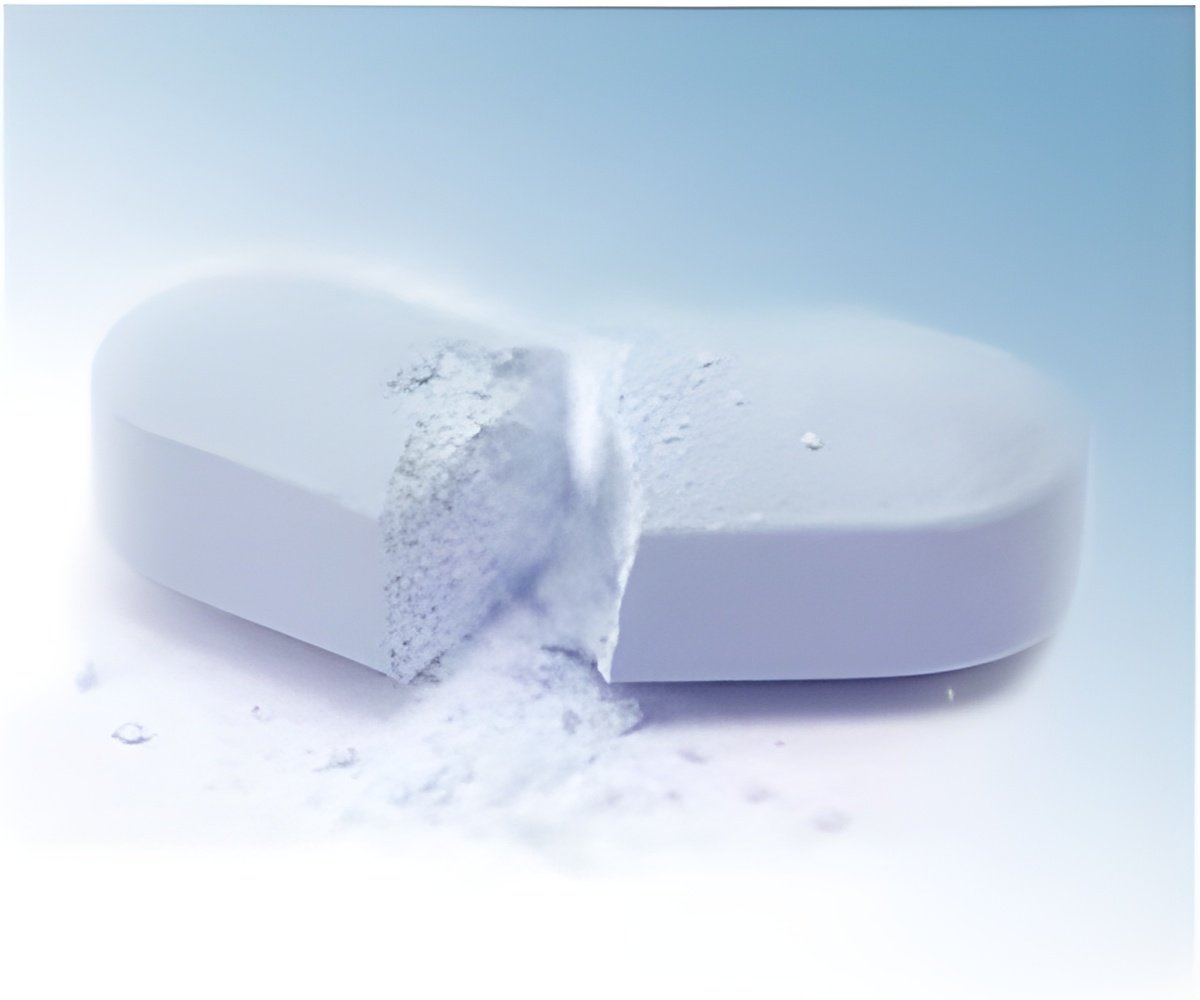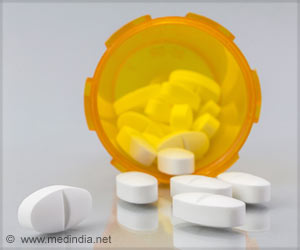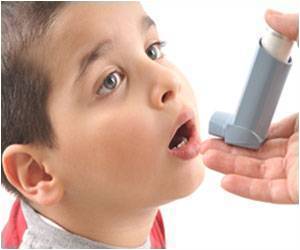According to a study, among patients with the lung disorder non-cystic fibrosis bronchiectasis, treatment with the antibiotic erythromycin resulted in improvement in symptoms.

The study consisted of a 12-month randomized controlled trial of erythromycin in currently nonsmoking, adult patients with non-CF bronchiectasis with a history of 2 or more infective exacerbations in the preceding year. The study was undertaken between October 2008 and December 2011 in a university teaching hospital. Patients received twice-daily erythromycin ethylsuccinate (400 mg) or matching placebo. The primary measured outcome was the annualized average rate of protocol-defined pulmonary exacerbations (PDPEs) per patient. Secondary outcomes included macrolide resistance and lung function.
Six-hundred seventy-nine patients were screened, 117 were randomized (58 placebo, 59 erythromycin), and 107 (91.5 percent) completed the study. The researchers found that erythromycin significantly reduced PDPEs (76 for the erythromycin group vs. 114 for the placebo group; average 1.29 vs. 1.97 respectively, per patient per year). The number of patients treated with erythromycin who had zero PDPEs was 20 (vs. 16 for placebo), and 10 patients had more than 2 PDPEs (vs. 18, respectively).
Erythromycin also reduced PDPEs in the prespecified subgroup with baseline Pseudomonas aeruginosa airway infection. In addition, there were significantly fewer total respiratory events (total PDPEs plus non-PDPEs) in the erythromycin group (111 vs. 176 for placebo; average, 1.88 vs. 3.03 per patient per year).
"Erythromycin reduced 24-hour sputum production and attenuated [lessened] lung function decline compared with placebo. Erythromycin increased the proportion of macrolide-resistant oropharyngeal streptococci," the authors write.
"In conclusion, long-term low-dose erythromycin significantly reduced exacerbations, protected against lung function decline, reduced sputum production, and significantly increased macrolide resistance in oropharyngeal streptococci. The bacterial resistance caused by macrolide therapy mandates a cautious application of this therapy in clinical practice. Further studies are needed to evaluate the possibility that P aerugmosa-infected individuals with frequent exacerbations may represent an appropriate subgroup for limitation of this therapy."
 MEDINDIA
MEDINDIA

 Email
Email










